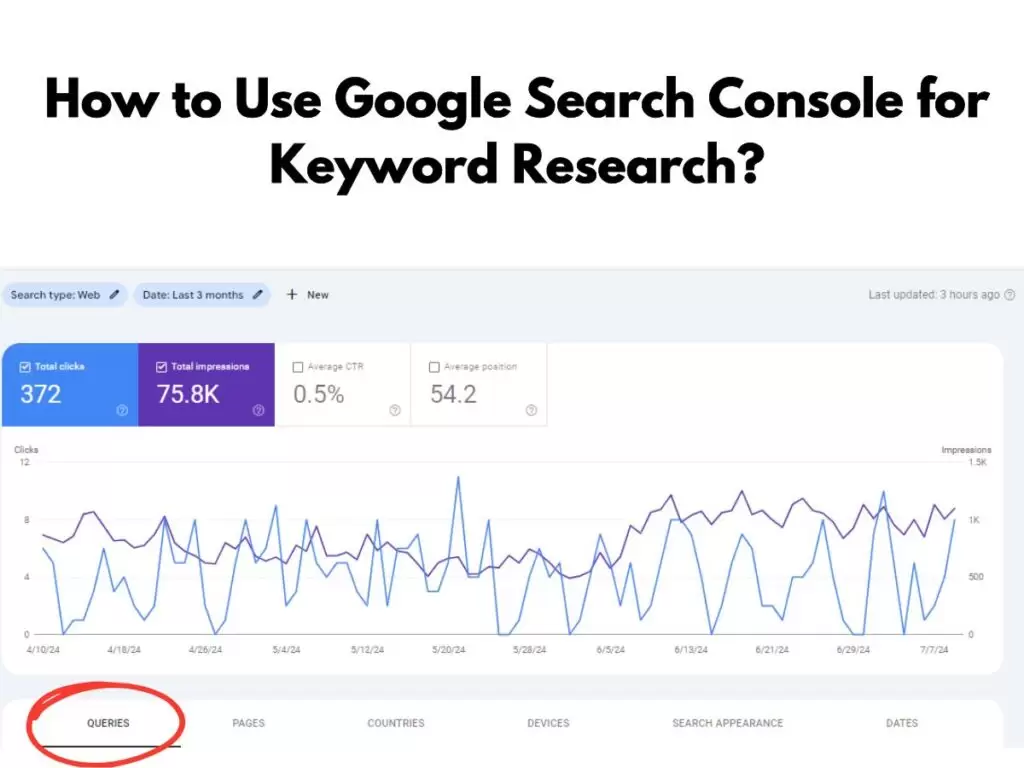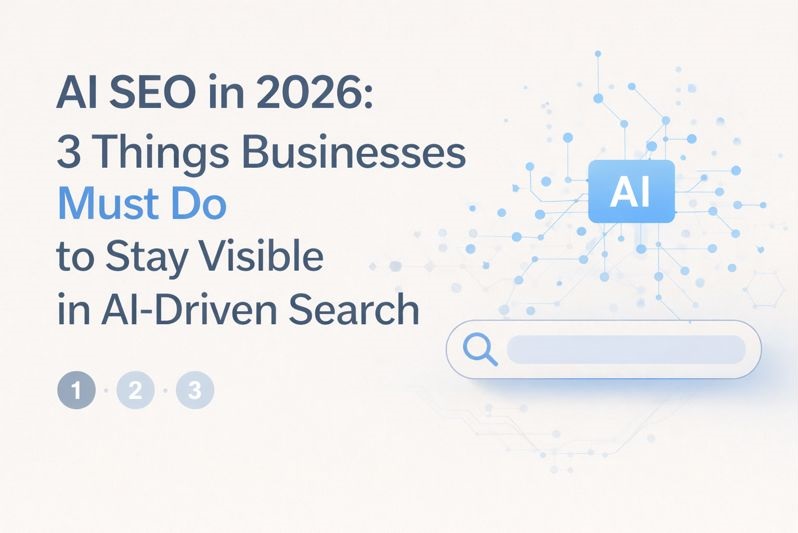Imagine you’re setting sail on a vast ocean of search queries. Your destination? Increased website traffic and conversions. But without a compass, how will you navigate the ever-changing currents of user intent and search engine algorithms? That’s where keyword research comes in, acting as your guiding light in the world of SEO.
What is Keyword Research?
Keyword research is the process of identifying and analyzing the specific terms and phrases people use to search for information online. By understanding these keywords, you can tailor your website’s content and structure to resonate with your target audience. This, in turn, helps search engines understand what your website is about and improve your ranking in search results.
The Impact of Keyword Research on SEO Strategy
Think of your SEO strategy as a treasure map, and keyword research is the key to deciphering it. Here’s how it impacts every step of the way:
- Content Creation: Keyword research tells you what topics your target audience is interested in. This allows you to create content that directly addresses their needs and search queries, increasing the chances of them landing on your website.
- On-Page Optimization: Once you’ve identified relevant keywords, you can strategically integrate them into your website’s title tags, meta descriptions, headings, and content. This helps search engines understand the relevance of your content to specific search terms.
- Technical SEO: Keyword research can highlight technical aspects that need improvement to enhance user experience and search engine crawling. For instance, optimizing your website for mobile responsiveness based on keywords related to “mobile searches” can improve your ranking.
- Link Building: Identifying relevant industry publications or blogs with high domain authority can inform your link-building strategy. By targeting keywords related to those publications, you can create content that attracts backlinks, further boosting your SEO ranking.
- Performance Measurement: Keyword research helps you track the effectiveness of your SEO efforts. By monitoring your website’s ranking for specific keywords over time, you can assess the success of your content and on-page optimization strategies.
In essence, keyword research provides the foundation for a data-driven SEO strategy. It allows you to create content that not only attracts visitors but also positions your website for long-term organic growth.

How to Use Google Search Console for Keyword Research?
Google Search Console (GSC) is a free tool offered by Google that provides valuable insights into your website’s search performance. Here’s how to utilize GSC for keyword research:
- Access Your Search Performance Report: Log in to GSC and navigate to the “Performance” tab. This report provides data on the keywords users employ to find your website through Google Search.
- Identify Your Ranking Keywords: Focus on the “Queries” section, which displays the keywords users searched for that led them to your website. This reveals which keywords you’re already ranking for.
- Analyze Click-Through Rate (CTR): Pay attention to the CTR for each keyword. A low CTR might indicate that your title tags or meta descriptions aren’t compelling enough, prompting you to optimize them for better click-through rates.
- Uncover New Keyword Opportunities: Look for keywords with high impressions but low clicks. This could indicate that your content might not be fully addressing the user’s search intent. Analyze those keywords and consider creating content that caters to that specific intent.
- Track Your Progress: Monitor your keyword ranking over time to gauge the effectiveness of your SEO efforts. You can use GSC’s filters to compare performance across different time periods and identify areas for improvement.
Remember, GSC is just one piece of the puzzle. Combining its data with other keyword research tools can provide a more comprehensive understanding of your target audience’s search behavior.
How Does Keyword Research Help SEO?
By incorporating keyword research into your SEO strategy, you reap several benefits:
- Increased Organic Traffic: Targeting relevant keywords increases the likelihood of your website appearing in search results for queries your target audience uses. This drives qualified traffic to your site, leading to potential leads and conversions.
- Improved User Experience: User intent is paramount in SEO. Keyword research helps you create content that directly addresses users’ needs, resulting in a more satisfying and engaging experience.
- Enhanced Brand Awareness: By ranking higher for relevant keywords, your website gains greater visibility within your target market, ultimately boosting brand recognition.
- Data-Driven Decisions: Keyword research provides valuable data on search trends and user behavior. This allows you to make informed decisions about your content strategy and resource allocation.
- Competitive Advantage: Understanding your competitors’ keyword strategies can help you identify gaps and opportunities to outrank them in search results.

Free Keyword Research Tools for Budget-Conscious SEOs
- Google Keyword Planner: This free tool by Google integrates seamlessly with Google Ads and offers valuable keyword suggestions and search volume estimates. While primarily designed for pay-per-click (PPC) campaigns, it can be a great starting point for identifying relevant keywords for your SEO strategy.
- Answer the Public: This free tool helps uncover questions people are asking related to your target topics. By incorporating these questions into your content, you can cater to specific user intent and improve your website’s relevance.
- Ubersuggest: This free tool generates keyword suggestions based on a seed keyword you provide. It also offers limited data on search volume and competition level.
- Moz Beginner’s Keyword Research Guide: This comprehensive guide by Moz provides valuable insights into the fundamentals of keyword research, even for those new to SEO.
- Soovle: This free tool displays suggested searches based on what users type into Google, YouTube, Bing, and Amazon. This can provide a broader perspective on potential keywords and related searches.
Remember: Free tools often have limitations compared to premium options. Consider combining multiple free tools to get a more well-rounded picture of your target audience’s search behavior.
FAQs
- How often should I do keyword research?
Keyword research is an ongoing process. Search trends and user behavior can evolve over time. Regularly revisiting keyword research (every few months) allows you to adapt your content strategy to stay relevant and competitive.
- Should I focus on high-volume keywords only?
While high-volume keywords can drive significant traffic, they’re also often more competitive. Targeting a mix of high, medium, and low-volume keywords can help you attract qualified traffic while ranking higher for more specific searches.
- How can I identify the search intent behind a keyword?
Analyze the search results for your target keyword. Are they informational articles, product pages, or service listings? This will give you clues about what users are hoping to find when they search for that term.
- What are long-tail keywords, and why are they important?
Long-tail keywords are more specific phrases with lower search volume but higher conversion potential. Targeting long-tail keywords allows you to attract users with more defined purchase intent.
- How can I measure the success of my keyword research?
Track your website’s ranking for your target keywords over time using tools like Google Search Console. Monitor your organic traffic, conversions, and bounce rate to assess how well your keyword-optimized content is performing.
By following these tips and leveraging the power of keyword research, you can set sail on the vast ocean of search with a clear direction, propelling your website towards increased organic traffic and SEO success.
If you’re ready to optimize your SEO strategy and see tangible results, consider partnering with BestoSEO Solutions, a leading digital marketing agency in Thane. With expertise in navigating the complex world of SEO, BestoSEO Solutions can help achieve your business goals.







